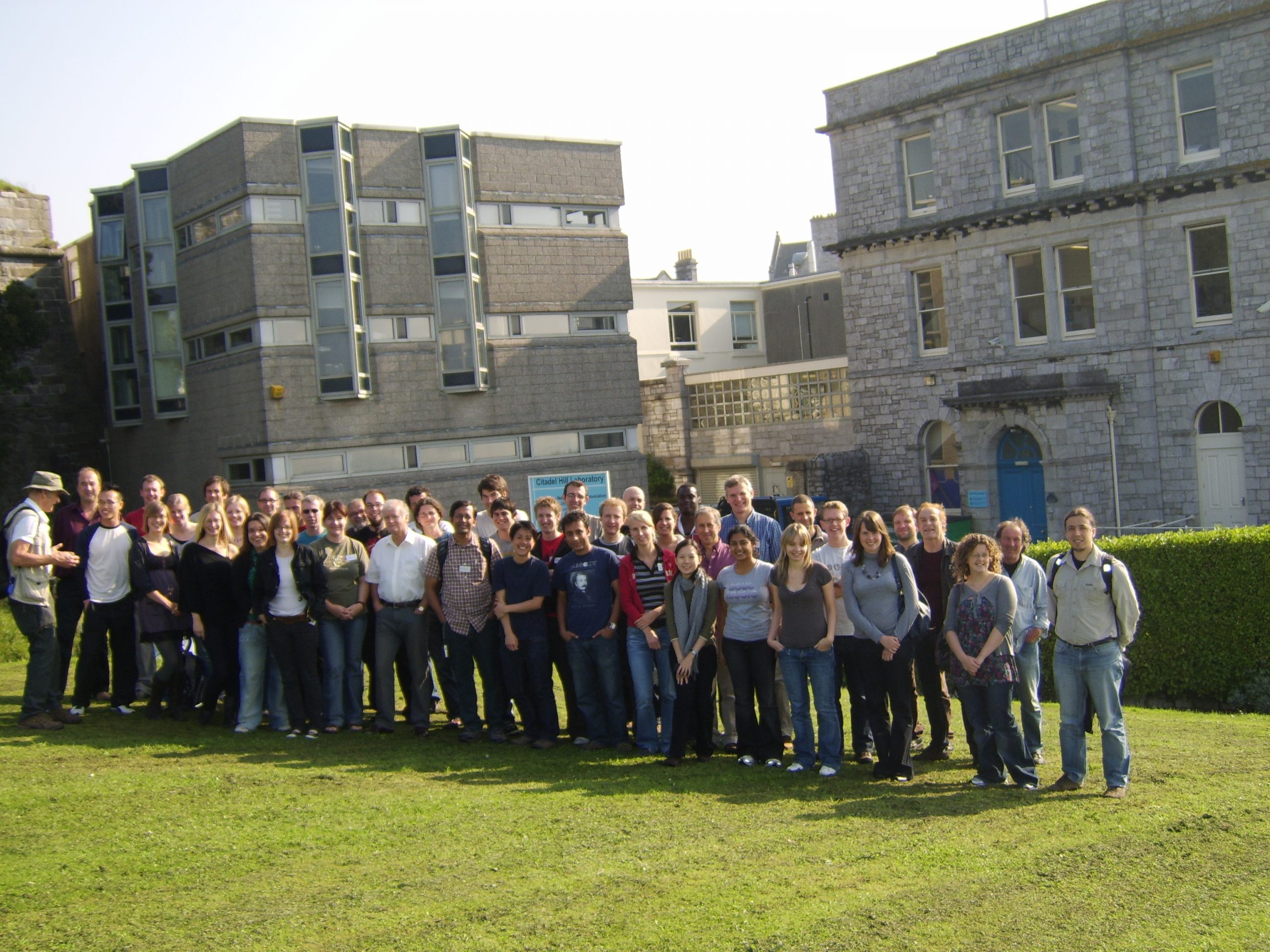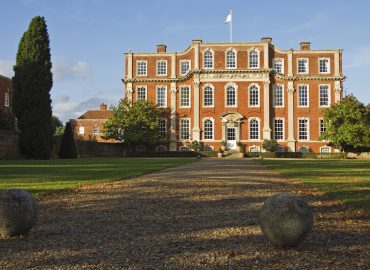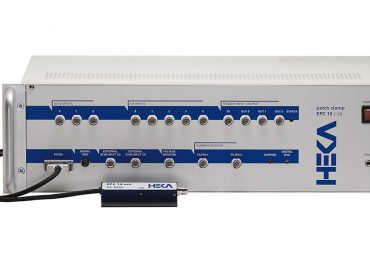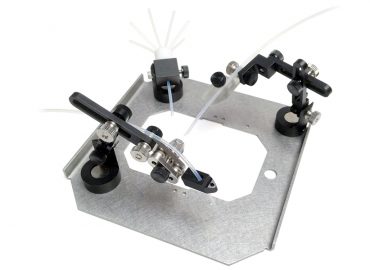Electrophysiology & Imaging
A Virtual Plymouth Workshop for 2021
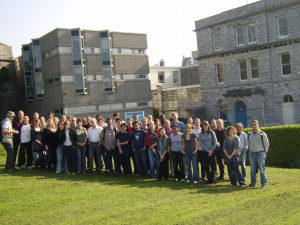
The Plymouth Microelectrode Techniques Workshop has been a firm fixture in the calendar for Digitimer and until last year we regularly loaned equipment including our DS2A & DS3 stimulators and Narishige pipette pullers to the faculty in order for them to set up temporary electrophysiology rigs for the students to use while attending the course. Remarkably, these rigs are assembled within a matter of days, while the students attend a series of introductory lectures. They are then made available to small student groups so attendees can gain a more practical understanding of the various techniques.
The first Microelectrode Techniques course was held in April 1984 for 12 PhD students and post-docs. The guest lecturers included David Colquhoun, Bernard Katz, Richard Keynes, Tim Rink, Martin Thomas and Roger Thomas, and there were 6 experimental rigs. To date, 690 students and post-docs have attended the course from the UK and overseas.
In recent years, the course has expanded and there are usually 20 students attending for hands-on teaching, 10 rigs and 50 faculty members. Our sales manager, Gareth Thompson, was a student on the course in 1997, during a post-doc at the University of Leicester, and found the course immensely useful, learning about two-electrode and single-electrode voltage-clamp methods as well as patch-clamp recording in brain slices.
Unfortunately, in 2020 the course had to be cancelled due to the Corononavirus pandemic and while there was some hope that it could return this year, the organisers had to cancel the face to face workshop for 2021. However, Digitimer has just heard that a virtual Plymouth Course will be running in September 2021 and that this will be available free of charge to registered participants.
While attendees will miss out on some of the social aspects of the Plymouth course, as well as the excellent lunches provided by the MBA catering staff, we are pleased to announce that 37th Microelectrode, Patch Clamp and Optical Techniques for Cell Physiology Workshop is being held as a free online lecture series over two weeks in September (1st to 17th) – and is now open for student registration!
What areas will be covered?
Electrophysiological techniques covered by the course will include:-
- Voltage clamp – The ‘squid axon voltage clamp’, Twin microelectrode and single electrode ‘switch’ clamp.
- Patch clamp High resolution single channel recording, Whole cell and permeabilised patch recording
- Slice preparation and recording
- Patch clamp in vivo
- Dynamic clamp – Controlling membrane conductance, simulating action potentials and synaptic potentials
- Extracellular Recording, multielectrode recording
- Ion selective microelectrodes – Electrochemistry, Making ISME electrodes.
- Secretion – Capacitance measurements, Amperometry, Optical methods
- Intracellular ion channels – Isolation, Incorporation, Bilayer recording
- Signal Processing – Filtering and Digitisation
- Data analysis – Interpretation, Statistical analysis
Optical imaging will include:-
- Microscopy and optical imaging
- Cameras
- Fluorescent Ca and pH indicators
- Photometry
- Ratiometric methods
- Genetically encoded indicators
- Photolysis and Optogenetics
How will the course content be delivered?
The course will be using Zoom accompanied by a learning platform named Google Classrooms which will contain resources, recorded demonstrations, timetable and live lecture links, discussion areas and breakout rooms. The lectures will be given over two weeks during afternoons (2-5pm UK time) from 01 September, and we intend to provide pre-reading or small assignments some mornings in preparation for the afternoon talks, to help students engage and make the most of the topic.
To find out more and to register please visit the dedicated website. Please note although the registration deadline is 15 August there may be some flexibility with late registrations.
For any queries, please contact the MBA team: [email protected]
